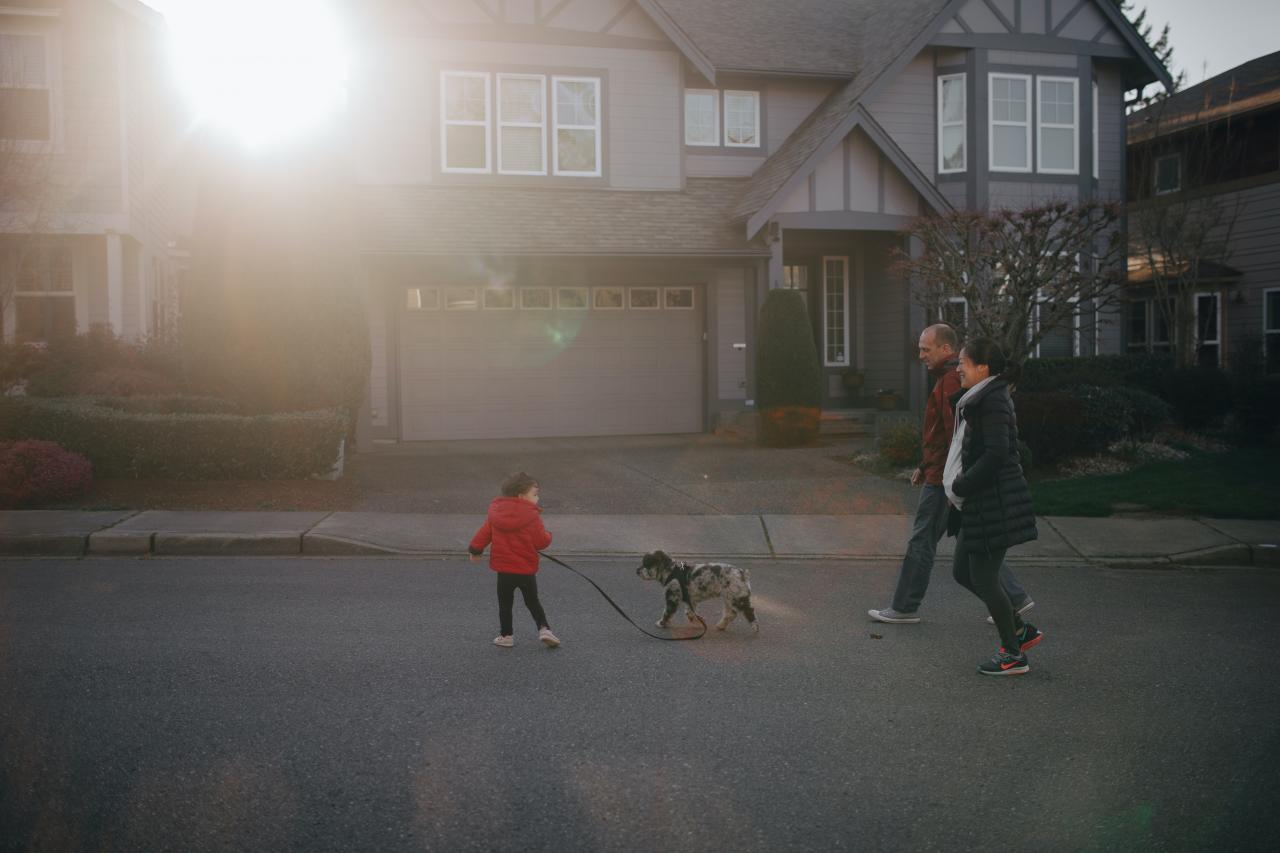As they grow older, responsibility is a skill that will help your child in many aspects of their lives and should be taught from a young age. There are many advantages to having a pet, one of the biggest ones being teaching children responsibility by having them take care of their pet.
If you were to get your child a puppy or a kitten, they would likely be overjoyed and more than willing to help care for it. Here are a few simple ways your child can learn to be responsible when taking care of their pet:
Following A Schedule
You can outline a schedule for when the pet must be given food, water, and treats. By following a feeding schedule and putting food out for the pet at specific times during the day, your child will learn the importance of sticking to a schedule and getting things done on time.
Doing Their Chores
Cleaning the food trays when their pet is done eating or cleaning up the pet’s toys and keeping them organized in a toy basket are some simple chores that your child can do. Doing these chores will give your childmore responsibility and allow them to feel a sense of healthy accomplishment. Older children can also be responsible for cleaning out the pet’s litter, helping with grooming the pet, whether that involves brushing or bathing, and playing with and taking the pet out for walks or exercise.
Learning Decision Making And Prioritizing
A pet is entirely reliant on you to take care of it, and this is a huge responsibility and requires you to make many decisions. Your child will learn how to make decisions for their pet and will carry this skill forward in their lives. Your child will also learn to make healthy prioritizations. They may learn that taking their puppy on a walk is more important, even though they would rather stay in their room playing videogames.
It is important when teaching children responsibility to be kind and patient with them. Chances are they may sometimes forget to do their tasks and will need supervision and help, but with patience, they are likely to flourish.
Besides responsibility, having a pet will also teach your child to be loving and compassionate towards others. Taking care of their pet, doing their chores, and following a schedule can also help build their sense of self-esteem. If you remember to praise them for their responsibility and compassion, they will feel appreciated and proud of themselves!
Before getting your child a pet, it is important to have an in-depth conversation with them about the role they will have to play in taking care of the pet and the responsibility they will have to take on. Some pets maybe better for children to get than others. The best pets for children are birds, hamsters, rabbits, fish, small dogs, and cats. Children of different ages may be better able to handle different pets.
